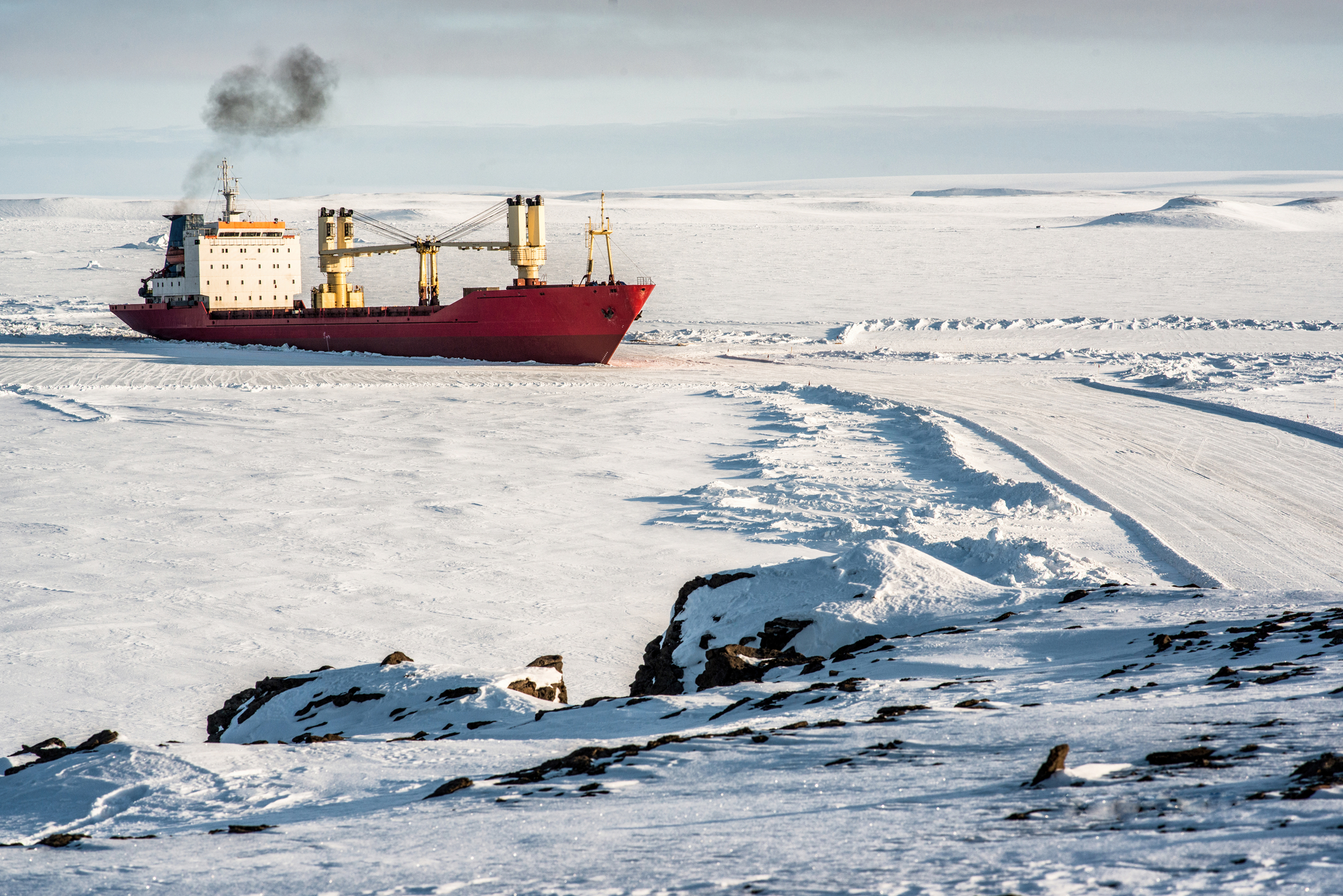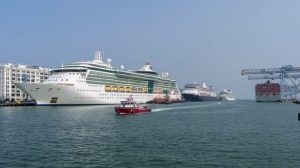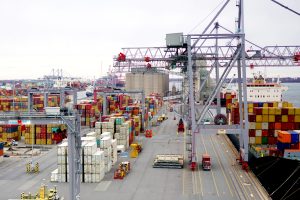After a meeting of the International Maritime Organization’s Pollution Prevention and Response committee closed at the end of last week (PPR10), the Clean Arctic Alliance denounced the IMO’s failure to progress compulsory measures to reduce black carbon emissions from international shipping on the Arctic. It called for national governments to urgently develop concrete proposals for mandatory action for the IMO to consider at the first available opportunity in 2024.
“The failure of this week’s IMO meeting to act on black carbon emissions from the global shipping industry flies in the face of UN recognition that rapid, deep and sustained action to reduce emissions of climate pollutants including short-term climate forcers (AR6 Synthesis Report) is necessary to protect the Arctic region”, said Dr. Sian Prior, Lead Advisor to the Clean Arctic Alliance, a coalition of 20 international non-profit organizations.
“It appears that both national governments and the shipping industry are continuing to ignore the fact that the shipping sector is years, if not decades, behind other transport sectors, in order to continue using the dirtiest fuels which contribute to the destruction of Arctic snow and ice”, she added.
“The IMO’s decision during PPR10 to spend the next year focussing only on the development of guidelines outlining measures which could reduce black carbon emissions is nothing less than a dereliction of duty, and the Clean Arctic Alliance has little confidence that such guidelines will have the necessary effect of reducing black carbon impacts on the Arctic”, continued Ms. Prior.
Black carbon is a potent climate-forcing pollutant with an impact over three thousand times that of CO2. The International Maritime Organization has already formally recognized that black carbon is the second largest source of ship climate warming, and it is responsible for around 20% of shipping’s climate impact (on a 20-year basis). Black carbon has a disproportionately high impact when released in and near the Arctic – when emitted from the exhausts of ships burning oil-based fuel and settles onto snow and ice, it accelerates melting and the loss of reflectivity – the albedo effect – which creates a feedback loop that further exacerbates local and global heating. Learn more about black carbon here.
“In the absence of broad agreement on mandatory black carbon measures to be developed and adopted by the IMO, countries must now step forward to shoulder the responsibilities to reduce the impact of black carbon on the Arctic”, said Ms. Prior. “This means individual countries or groups of countries must take domestic action to reduce black carbon emissions impacting the Arctic, such as the designation of emission control areas, adoption of speed reduction measures which could reduce greenhouse gas emissions including black carbon, the introduction of domestic bans on the use of residual fuels or fuel blends, and to bring forward to the IMO mandatory proposals such as the development of a Polar Fuel standard which would require the use of lighter, cleaner, low-carbon fuel for consideration by ships operating in and near to the Arctic.”
Canada proposal welcomed
The Clean Arctic Alliance also welcomed Canada’s announcement of their intention to submit a proposal to the IMO’s Marine Environment Protection Committee (MEPC) for a new Emission Control Area (ECA) in Canadian waters.
“This is a very welcome development, a silver lining in an otherwise very disappointing meeting. An ECA has the potential to significantly reduce Black Carbon emissions along with NOx and SOx, and it could contribute to maintaining ice habitat for wildlife on which Inuit depend for harvesting and mobility. Action from Canada on an ECA demonstrates the urgency of the issue to reduce emissions and is also a symptom of the lack of support for an Arctic-wide mandatory measure which would reduce black carbon emissions on a global scale,” said Andrew Dumbrille, advisor to the Clean Arctic Alliance.
An amendment to the definition of heavy fuel oil (HFO) was also considered, with an equally disappointing outcome. Despite solid research from Norway on how marine fuels used to comply with the forthcoming ban on use and carriage for use of HFO will likely fall outside of the definition of HFO and thus not be banned, the committee decided to delay consideration of any changes to the definition until 2025.
(Photo Dreamstime)








